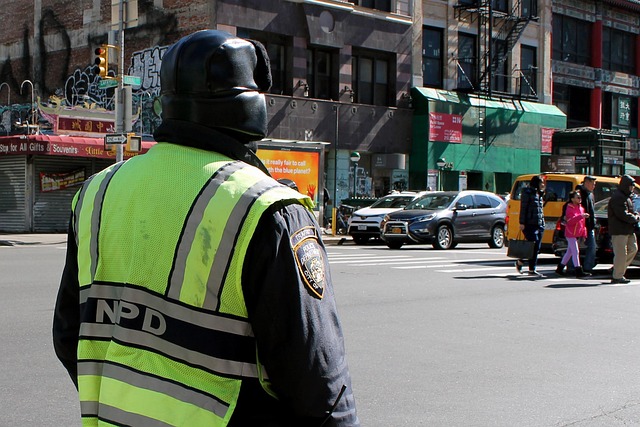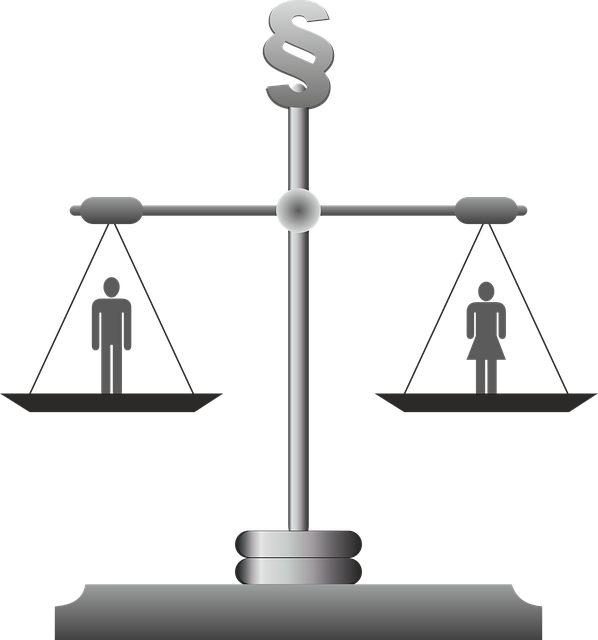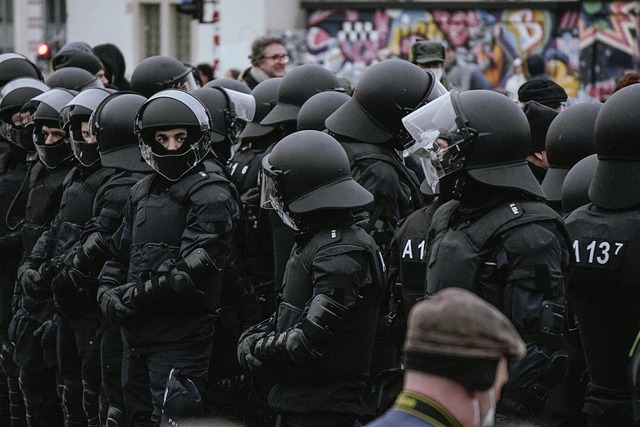Uncovering bias in plea bargaining agreements is crucial for justice, especially for marginalized communities. Transparency and ethical principles are key to fairness in finance crime cases, balancing outcomes with client diversity. Fairness involves equal protection, constitutional rights, and competent legal counsel while efficiency aims for quicker case dispositions. Plea agreements must balance swift justice with accountability to maintain public trust and the integrity of the legal system. Ethical considerations ensure defendants' rights and effective financial wrongdoings prosecution.
In the intricate web of financial crime investigations, plea bargaining agreements play a pivotal role. This article delves into the ethical considerations surrounding these agreements, examining their impact on justice and fairness. We explore how plea bargains, while serving as a tool for efficiency in the criminal justice system, can inadvertently exacerbate disparities, particularly regarding socioeconomic bias. Balancing fairness and efficiency demands a critical analysis of current practices, highlighting the urgent need for transparency and equitable outcomes in financial crime probes.
- Uncovering Bias: Plea Bargains and Disproportionate Impact
- Transparency Gap: Ethical Obligations in Negotiations
- Fairness vs. Efficiency: Balancing Criminal Justice System Interests
- Plea Agreements' Role: Mitigating or Exacerbating Financial Crime
Uncovering Bias: Plea Bargains and Disproportionate Impact
Uncovering bias in plea bargaining agreements is an essential aspect of ensuring justice and fairness within the legal system. While plea bargains play a crucial role in streamlining criminal proceedings, they must be managed ethically to prevent disproportionate impacts on certain defendants. Studies have shown that racial and socioeconomic biases can influence plea agreement outcomes, disproportionately affecting marginalized communities. This raises ethical considerations regarding the integrity of the judicial process.
Examining these agreements is particularly important in high-stakes cases where winning challenging defense verdicts becomes a benchmark for success. An unprecedented track record of successful defenses against seemingly insurmountable odds can highlight systemic issues within plea bargaining practices. By critically analyzing these agreements, legal professionals can advocate for reforms that promote equality and ensure that all defendants receive fair treatment, regardless of their background.
Transparency Gap: Ethical Obligations in Negotiations
In the realm of finance crime probes, one significant challenge lies in bridging the transparency gap during plea bargaining agreements. As legal negotiations progress, striking a balance between achieving extraordinary results and upholding ethical considerations becomes paramount. This is especially crucial when dealing with both corporate and individual clients, each presenting unique complexities and implications.
Ethical obligations demand that all parties involved maintain transparency, ensuring that the terms of the agreement are fair and just. Plea bargaining agreements can be intricate labyrinths, but it’s essential to whisper the truth into every corner. By doing so, we foster a system where jury trials become less frequent, not through deception, but through informed and mutually agreeable resolutions. This approach not only streamlines legal processes but also ensures that justice remains indelible, even in the face of complex financial crimes.
Fairness vs. Efficiency: Balancing Criminal Justice System Interests
In the pursuit of justice, the criminal justice system faces a delicate balance between fairness and efficiency. This equilibrium is particularly crucial during plea bargaining agreements, where ethical considerations come into play. On one hand, ensuring fairness involves providing all defendants with equal protection under the law and guaranteeing their constitutional rights throughout the process. This includes access to competent legal representation, understanding of charges, and the freedom to accept or reject pleas.
On the other hand, efficiency demands a streamlined system that can effectively handle a vast number of cases. Plea bargaining agreements often arise as a strategy to achieve this by allowing for quicker dispositions compared to trials. However, striking a balance is essential to maintain integrity while managing caseloads. Ethical guidelines and transparent practices in plea negotiations are vital to ensuring defendants’ rights are respected, even as the system navigates through all stages of the investigative and enforcement process, fostering an unprecedented track record of successful prosecutions with a focus on general criminal defense strategies.
Plea Agreements' Role: Mitigating or Exacerbating Financial Crime
Plea agreements play a significant role in financial crime investigations, offering both advantages and ethical dilemmas. When defendants agree to plead guilty in exchange for reduced charges or sentencing, it can streamline the prosecution process and lead to quicker resolutions. This strategy, often referred to as “avoiding indictment,” is particularly appealing when evidence is complex or the defendant wishes to cooperate with authorities, potentially winning challenging defense verdicts.
However, critics argue that these agreements may exacerbate financial crimes by encouraging defendants to accept plea bargains without a robust ethical consideration in plea bargaining agreements. The general criminal defense strategy should balance the need for swift justice with ensuring that the guilty are fully accountable. Striking this balance is crucial to maintaining fairness and public trust in the legal system while mitigating potential harm from unaddressed financial wrongdoings.
In light of the above discussions, it’s clear that ethical considerations in plea bargaining agreements are paramount in combating finance crime. While these agreements play a crucial role in mitigating financial crimes and streamlining the criminal justice system, they must be carefully structured to avoid exacerbating existing biases and ensuring fairness. Balancing the interests of fairness and efficiency requires transparency gaps to be addressed and bias, particularly against vulnerable communities, to be mitigated. By adopting more ethical practices in plea bargaining, we can work towards a more just and effective criminal justice system.






